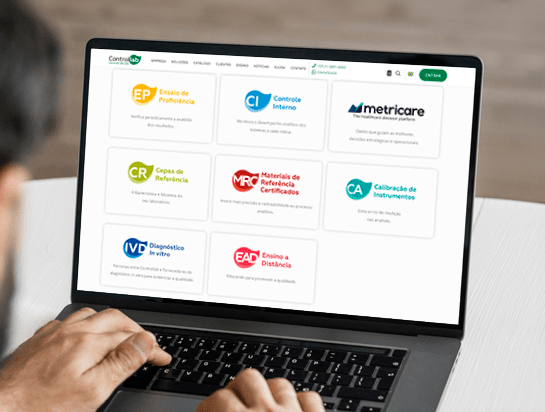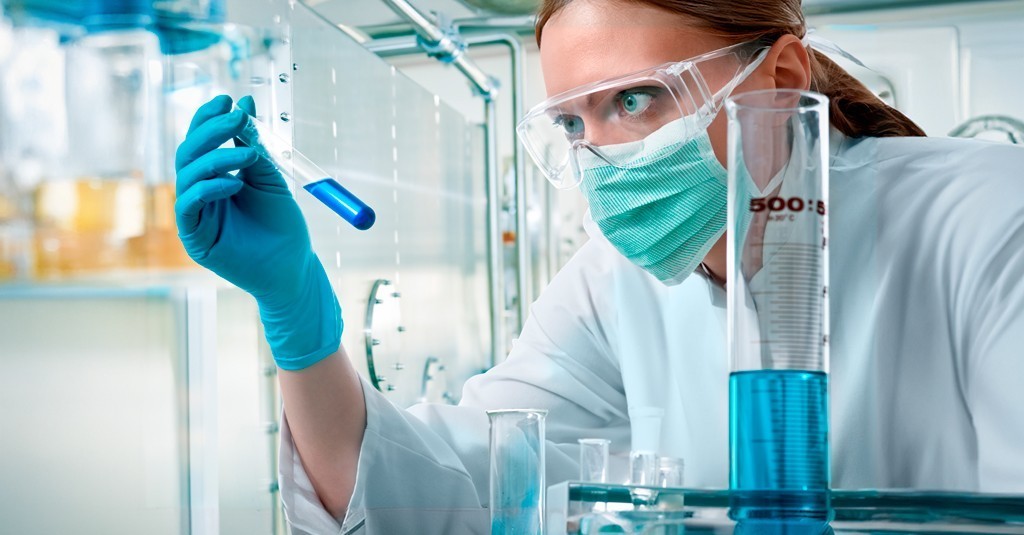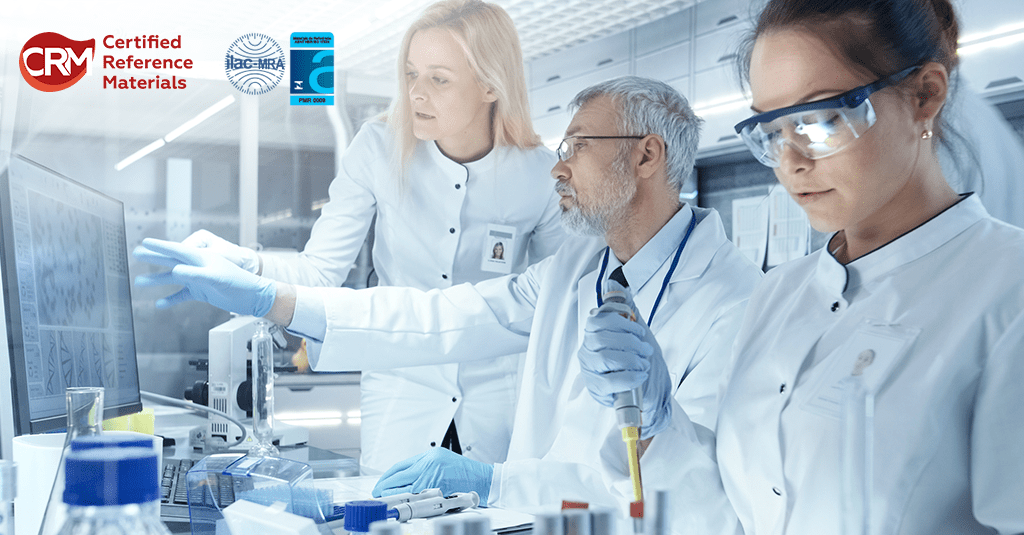Proper monitoring at all stages of the production of a product or service ensures that they meet the highest quality standards.
Recently, the National Health Surveillance Agency (Anvisa) suspended the commercialization, distribution, and use of batches of a popular detergent brand due to a potential risk of microbiological contamination.
The action was taken by the agency after the manufacturer identified and reported a deviation during production monitoring analyses. This identification was made possible by the regular quality monitoring of the products and the maintenance of a quality control program.
What is quality control?
It is a set of practices, procedures, tools, and strategies that ensure the reliability and safety of products, services, and results of industries and analysis establishments. This control is based on pre-established criteria to ensure that their performance meets the intended objectives.
This process includes various metrological quality requirements, such as the verification of instruments and reagents, the monitoring of production and analysis processes, among others.
What is the purpose of quality control?
- ensure that products and services meet customer satisfaction;
- correct process deviations resulting in errors;
- demonstrate compliance with standards and regulations;
- promote continuous improvement of processes;
- reduce costs related to scrap and rework;
- build and preserve brand reputation.
When to use quality control?
Quality control should be implemented at various stages of the product or service lifecycle because all processes are subject to errors.
From acquiring raw materials for product manufacturing or service execution, through production, finalization, and distribution, quality control is essential.
This broad coverage allowed the company responsible for the detergent, in the previously mentioned case, to identify a potential contamination and act in accordance with regulatory guidelines.
Even if deviations were not detected in earlier stages, continuous monitoring of quality control highlighted the need for actions to mitigate the impacts of non-conforming batches.
The role of laboratories in promoting quality control
The routine of a laboratory is complex, involving multiple distinct and interrelated processes that need to be carefully controlled.
In the context of clinical laboratories, this complexity is even greater, as test results are subject to various interferences. To ensure quality in all phases of an analytical laboratory, the use of various quality control tools is necessary.
Next, check out more details about these tools and how they can help analytical laboratories maintain high standards of excellence.
Key tools for quality control
- Certified Reference Materials (CRM): These materials are accompanied by a certificate issued in accordance with the ABNT NBR ISO 17034 standard, providing more precise and traceable analyses. Among these materials, the Qualitative Reference Culture CRM stands out as a valuable resource for ensuring accurate results in microbiological assays. These CRMs are essential for laboratories, food industries, pharmaceuticals, and sanitizers, among others.
- Proficiency Testing (External Quality Control): An effective tool for determining analytical performance, ensuring analysis quality and result safety. With continuous format and multiple items for analysis, it allows effective monitoring of result variability and aids in identifying trends and inconsistencies in analytical processes.
- Internal Control: Constantly monitors if analyses are consistent and error-free, aiming to maintain process variability under control and providing opportunities for improvement.
- Calibration of Instruments: Verifies if the measurement obtained by an instrument is compatible with the expected value, ensuring measurement reliability and reducing costs and rework.
- Laboratory Indicators: Increase organizational efficiency, aiding in cost reduction and promoting strategy-to-operation safety.
Where to find effective solutions for quality control?
Providers of quality control solutions play a crucial role in supplying the necessary tools to ensure the quality of products or services across various sectors.
These providers must comply with various standards related to their operations. Obtaining recognition for these standards demonstrates that the provider is aligned with international quality standards.
Controllab is one of the largest global providers of solutions for analytical quality control. It offers a wide portfolio catering to clinical establishments, blood banks, veterinary, microbiological, and physical-chemical testing laboratories across various sectors including pharmaceuticals, food, sanitizers, water, effluents, fuels, and others. Its services span from hospitals to industries.

The company has unique expertise in analytical quality control solutions, supported exclusively by major scientific societies and recognized for compliance with key standards related to its operations, such as ISO 9001, 17025, 17034, and 17043.
As a leader in Latin America, Controllab is licensed by the UK Health Security Agency for collections of cultures that comprise its strains of reference, which are also recognized under the ISO 17034 standard as Certified Reference Materials.


